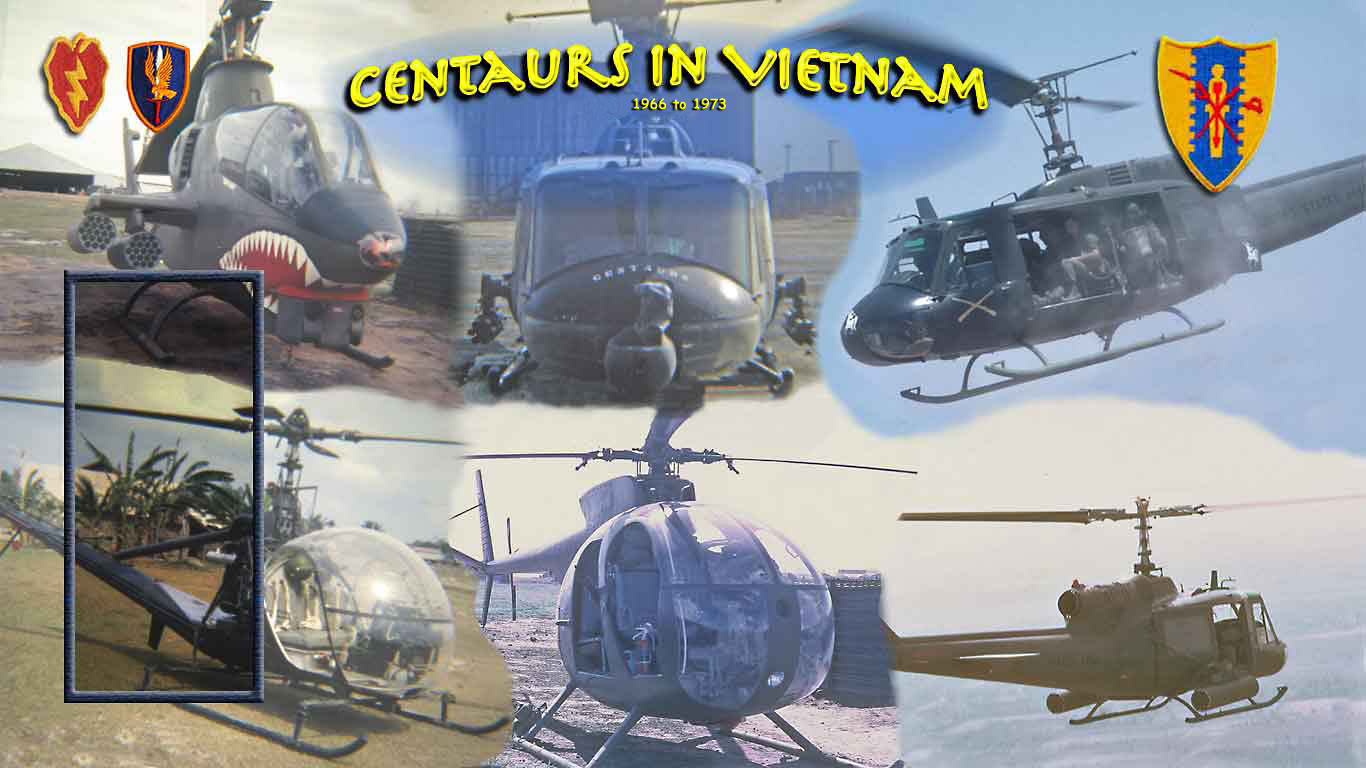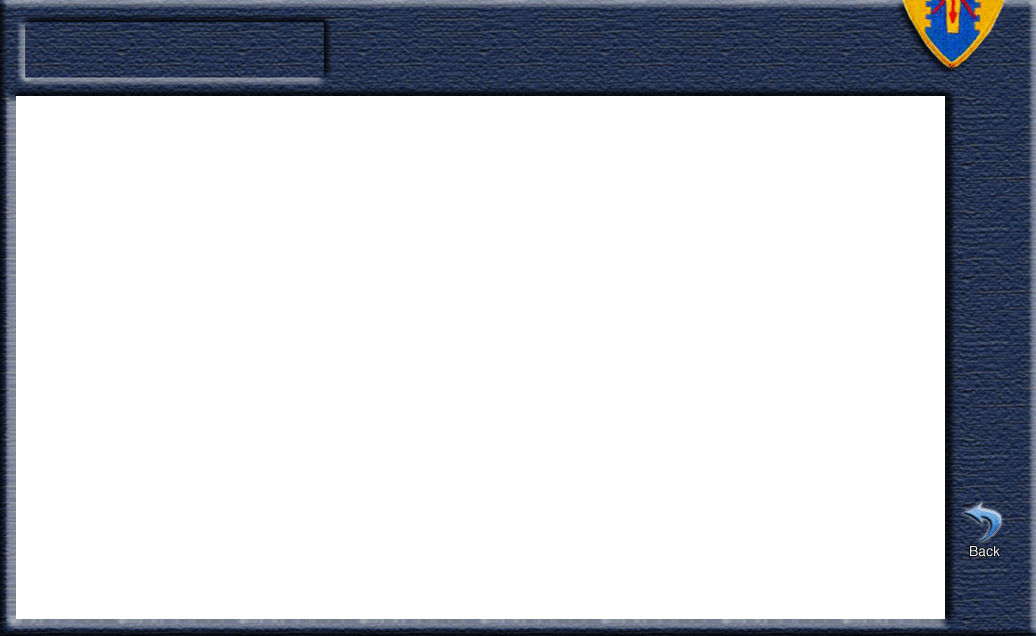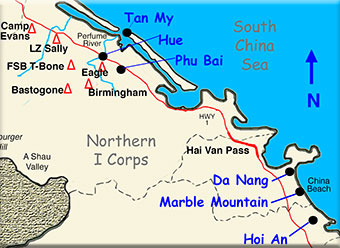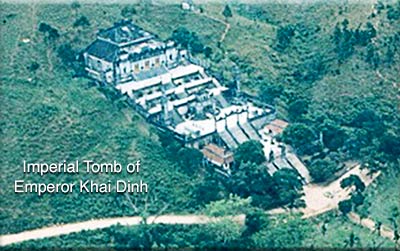

Panache - 1972
Panache is a word of French origin that carries the connotation of flamboyant manner and reckless courage, derived from the helmet-plume worn by cavalrymen in the Early Modern period
 Blooms of sand and dirt soared skyward. Explosions blasted several hundred yards away between the aircraft parking area and flight operations in Phu Bai, RVN.
Blooms of sand and dirt soared skyward. Explosions blasted several hundred yards away between the aircraft parking area and flight operations in Phu Bai, RVN.
Chatting aircrews lounging on the wooden deck outside Operations scattered. Recently landed pilots ran through the evening light toward the newly constructed bunker and hooches, in search of forgotten steel pots and weapons.
I made it to my hooch, off the open breezeway. Kicking Mike, my napping roommate, I grabbed disused protective equipment and hurtled outside to find the nearest sandbagged bunker. My entry upset the crypt’s equilibrium and produced hoots and raspberries. A fellow Cobra jock made room on the sandy bench.
A day ago, in smothering heat, we constructed our platoon bunker. This enemy harassment now validated our untrained effort. While stifling, the dugout had not acquired the fetid odor of a veteran entrenchment and it appeared safe. No rounds had yet impacted nearby.
Since moving North to I Corps in April, no rounds had hit our home base. We took fire daily while on missions and suffered frequent hits, but our encampment had remained untouched. The NVA had apparently hit nothing of value, the explosions only pissed us off. Mutterings about “showing those Mothers” soon morphed into “when will the Remfs (Rear Echelon Mother Fuckers), sound the all clear?”
A lull lured many to gather gear. No further rockets landed, and pilots drifted toward the entryway, carrying their unused helmets. Blasts deafened the uncertainty as five more rockets exploded near our burrow. Our ceiling quaked and sand sifted through the railroad tie roof and dusted our sweaty attire. A smaller explosion signaled the end. We heard shouting outside and exited. Soon, the bunker returned to its pre-blast lassitude.
I emerged, slapping my flight suit, producing a cloud of sandy debris. Smoke and flame identified some areas of concern and activity. A burning vehicle blocked the trail from Operations to the revetments. Several soldiers dealt with the wreckage of a ¾ ton platoon truck.
“Who’s in charge here?” shouted a bellicose Colonel wearing a flak jacket and steel pot. His entourage of Captains and Majors protected him while their guard, a lone Corporal carried an M-14 rifle as long as he was tall.
Their incongruous appearance proved startling and unsettling as our unit formed the only engaged combat group still occupying the Vietnamized Phu Bai base.
Our C.O., still helmeted and wearing his load-bearing equipment, carrying an M-16 and 1911 Colt 45 Automatic, saluted the Colonel. He exuded the enthusiasm and demeanor of a warrior. The Colonel visibly inflated as if attempting to match the officer before him. Though their voices were low, the growling timbre carried. Muzzled barks and oaths softened as each recognized and acknowledged the other.
As the pack leader finished his howls, he playfully cuffed the Major on the “Hunter-Killer Team” patch sewn to the left shoulder, above the First Aviation Brigade device.
Our leader jerked slightly at the familiarity, but viewed it as a sign that the Colonel now recognized a fellow soldier and would move on to less formidable targets. Mutual salutes, delivered and returned, finished the charade. As the Colonel’s convoy departed, the All Clear signal wailed. The Major bellowed, “Platoon Leaders to me.”
A small herd of Captains gathered and began absorbing our leaders’ expletive-laden instructions. We remaining officers made ourselves smaller and smaller until even our boot prints disappeared.
“Ken, Mike, over here,” called CPT Haynie, our platoon leader. Taking a quick tally, the platoon sergeant reported all present, less two crews still on a mission.
“Contact the airborne crews.”
I ran to Ops. The operations officer and C.O. already had alerted the flying crews. The Major began dealing with damage reports while the Ops officer directed disengagement when possible to current missions. Areas to the west of the base were swept, looking for the launch sight, but the harassers had decamped.
An orderly flow of platoon leaders and others checked in and quickly updated their status. All flowed per SOP.
Only two minor tragedies marred our recovery. The burning truck belonged to the gun platoon, My platoon! Nobody had been hurt.
The mess sergeant reported that evening chow was underway. His only disheartening damage involved a prized unit possession, carefully transported from our previous base at Lai Khe to Long Binh and here to Phu Bai. Our beloved ice machine had collected a shard of rocket shrapnel and was now “Hors de combat.”
___________________________
Spring sunlight reflected off the tin roofs of the mess hall and operations shack. Those of us scheduled for missions began moving to Ops for final briefings, then flowed West, less our burned ¾ ton truck, toward the aircraft-packed revetment area.
Recently named as a “Fire Team Leader,” I had a position of responsibility without added rank or pay. My duties included leading a team of two Cobras and two Loaches on missions. Today’s assignment appeared to be routine, involving a sweep west from Phu Bai to a location past the ruins of the Imperial Tombs.
The Vietnamese 6th Ranger Battalion HQ had taken over a WWII era French hangar. There I was to coordinate with an American advisor, LTC Sturmer and his Vietnamese counterpart, Colonel Nguyen. Details to be determined among the two colonels and me, 1LT Mick.
Leaving Ops, CPT Graph, the Ops officer, pulled me aside to pass on additional intel: An Air Force F105 had been shot down northwest of the ARVN position. The AF wanted all Army helicopters clear of their area unless they called, so it seemed unlikely that we would participate in the search mission.
Further intelligence described a pitched tank battle between ARVN M-48s and various PT76 and other NVA tanks. Another op in the area involved a combat assault by a flight of eight VNAF UH-1 Hueys, inserting a company of Rangers into an LZ several clicks beyond the accepted battle line. That op did not involve US forces and served to prove that the VNAF could attack without big brother’s backup.
I called a quick meeting of the ACs involved and passed on the details. Everyone marked the requisite locations on their acetate-covered maps. Our VR area now looked decidedly un-routine.
I strode to a point where my flight could see me and waved one arm in a windmill circle overhead. The four-waiting aircraft began to crank and the popping of igniters and whirring of turbines began to sing.
I climbed into the back seat of my AH-1G Cobra, fastened belts, adjusted pedals and plugged in. Pappy, my co-pilot continued the start procedure. The CE closed the canopies.
“Centaur Ops, Centaur 49, Flight of four departing home base at 0730.”
"49 flight, contact Phu Bai tower for west departure.”
“Phu Bai, Centaur 49 flight of four request west departure.”
“49, Phu Bai, no reported traffic. Depart at your discretion. Report clear of tombs.”
“Centaur flight, 49. 45, clear province artillery.”
With flight ready, I pulled pitch, cleared the revetment area and headed toward the site of the large Imperial Tomb of Emperor Khai Dinh. Centaur 45, my wing man flew in a loose left trail formation. The two OH-6 Loaches, Centaurs 23 and 27, darted ahead in a weaving pattern toward our checkpoint.
“Flight, 49. Go guns hot.” Short staccato bursts from the four aircraft sounded bri efly as each pilot ensured that his minigun fed and fired.
efly as each pilot ensured that his minigun fed and fired.
The Imperial Tomb complex lay 15km west of Hue. Once a tourist destination, the tomb was currently derelict and partially blanketed by encroaching vegetation. Reported to be a VC lair, few visited.
“Phu Bai tower, Centaur 49 clear of tombs.”
In the distance, a hilltop fire base marked the outer ring of Hue’s fortifications.
“All aircraft, Red Crown on guard.” Then from the radios. “Sam, Sam, Sam.” Blasted. “Launches near Dong Ha. Sam, Sam, Sam.” Red Crown, a Navy ship in the gulf of Tonkin alerted all of Northern I Corps that NVA missiles had been detected launching in the Quang Tri area north of Hue. The Sam missiles targeted US warplanes flying high above. Here in the trees, our helicopters flew beneath the NVA threat.
Another rattling call ratcheted our nerve endings. “AF Blue Ops on guard. All non-AF aircraft remain clear of Snorkel,” the prohibited Search and Rescue (SAR) area.
Ahead, the ARVN 6th Ranger compound appeared, looking less like a military establishment than a country club.
“Red Devil tower, Centaur 49 flight three clicks east for landing.”
A slightly French-sounding speaker instructed, “Roger, Centaur 49, proceed to the soccer field behind HQ. Land near the windsock at your discretion. You will be met by a ground guide with transport.”
“Roger Red Devil, Centaur flight on left base, landing south.”
A clearly marked “H” bordered a grass airstrip with the WWII-era hangar and a paved vehicle parking area. A large sedan idled nearby.
“Gentlemen,” snapped a crisply dressed officer wearing a red beret. “Welcome to Panache. I am LT Vinh.”
LT Vinh directed the flight crews to a shaded pavilion where a white-coated waiter stood ready to serve refreshments. The amazing array provided an extraordinary display for a forward area in I Corps. Only a few clicks away, tanks fought each other and SAM missiles exploded near jet aircraft.
“How is this possible?” I asked. “Don’t the NVA bother you?
“Colonel Nguyen comes from a very old family. He is respected by many people throughout the area. Of course, the Rangers are a powerful force and keep the insurgents away.”
I bit my tongue. This could not be reality without considerable accommodation with the NVA rulers.
I left Mike with the crews to enjoy their picnic and rode with Vinh to the portico of the main house. Uniformed Rangers guarded the entrance. I doubted that General Thieu had a more impressive palace than this one in Quang Tri province.
Crossing the veranda and entering the edifice, I reflexively removed my Cav hat. The home, while of an early design showed the talent of its architect and made an immediate impression of power and wealth.
We proceeded to a large conference room, where Colonel Nguyen and LTC Sturmer lounged, drinking iced tea from moisture-beaded glasses. Armed servants stood nearby. For a Virginia boy, this was high cotton.
I saluted and was introduced to bemedaled Colonel Nguyen and LTC Sturmer in starched fatigues with silver leaves and a Combat Infantry Badge. His Corcoran paratrooper boots dazzled. I felt seriously underdressed in my wrinkled Nomex flight suit. I accepted a cold glass of tea with enthusiasm.
LTC Sturmer guided me into a nearby operations suite, efficiently arranged and utilitarian with large maps of the province and I Corps. Passing through the staffed outer office, we entered Sturmer’s personal space, filled with regulation furniture like any U.S. Army staff office at any of hundreds of posts. The lack of ostentation surprised me. Portraits of the U.S. and Vietnamese presidents adorned the walls and a family photo of a smiling woman and three children comprised the only personal effects.
“Have a seat, LT Mick. Let’s get down to business.”
“Yes, sir. What is it you need?”
He proceed to give me an overview of the 6th Ranger Batallion’s current situation and an appreciation of enemy forces facing them. Clearly marked, his map showed the location of the VNAF air assault and the reported tank engagement. The SAR area also appeared. Pointing to the Ranger insertion site, he said “Here’s where I want you to go. I need to know what happened to my company.”
“Sir, I’m not authorized to go to that location. It’s outside my unit’s area and current intelligence indicates that the area, including the LZ used by your Ranger company, is firmly in NVA possession.” I proceeded to explain why the current situation made it improbable that our four aircraft could either make it there, or return.
LTC Sturmer stood and directed a withering glare at me. “Are you refusing a direct order from a superior officer?”
“Sir, with all respect to you and your rank, I am unable to accomplish the mission without ignoring my commander’s instructions, interfering with an active Air Force SAR extraction or endangering my aircraft and crews without proper orders.”
“Lieutenant, are you defying me?”
“No, sir. I am following the orders received from my chain of command. I will execute orders from my unit.”
The professional and personable LTC had disappeared. His current incarnation glowed with an ugly ruddy hue. He pounded his fist forcefully into the surface of his gray metal desk producing a boom from the tortured furnishing. A fleeting wince passed over his face at the pain his furious display caused.
“Get out. Don’t come back without a senior officer from your unit.”
I rose from the uncomfortable seat and stood to attention. I saluted and held it until he returned the courtesy. I executed an about face and exited the room without slamming the door in his smug face.
Controlling my inclination to tremble with fury, I found LT Vinh and headed for my aircraft.
I was spooked and I needed backup. Mike, my wing man and roommate wore the railroad tracks of a Captain. He would provide practical advice and support. He suggested that we crank one of the birds and call the unit for guidance.
I was in charge, so it was my problem.
I called for backup.
“Centaur 3, this is Centaur 49.”
Thankfully the Ops Officer answered. I explained the situation and asked for help. He promised to get our XO involved.
CPT Elder, the XO, arrived in a Huey with another Cobra and Loach. Elder, a senior Captain on the promotion list to Major, acted in character with his surname.
I explained the meeting with LTC Sturmer as calmly as I could. He asked a few terse questions, determined a course of action, and went into the Ranger headquarters.
He returned in twenty minutes and approached the waiting Aircraft Commanders to lay out his plan.
“Here’s the story. This LTC wants us to execute a VR into an area which is not in our interest to enter. LT Mick intelligently did not defy the LTC, while refusing to commit our crews to a Light Brigade situation.”
“CPT Tyner will assume the mission and carefully execute it. We will stay here, on standby until our aircraft return.”
CPT Tyner, in his Cobra with his accompanying Loach soon departed to the northwest. We remained, seated in our aircraft, ready for an immediate launch.
Tyner called ten minutes later. “Centaur 5, this is 47. Returning to your location. Encountered heavy fire.”
“47, this is 5. Roger and good job. Rejoin us at this location. I will close out with the locals.”
I waited for a final resolution. Captain Elder quickly provided it.
“Centaur flight, as planned, LT Mick will lead us home.”